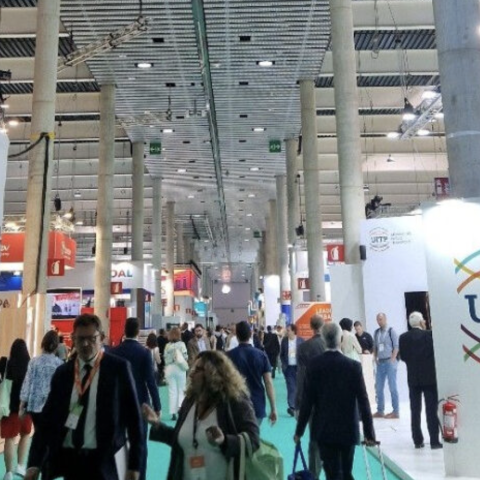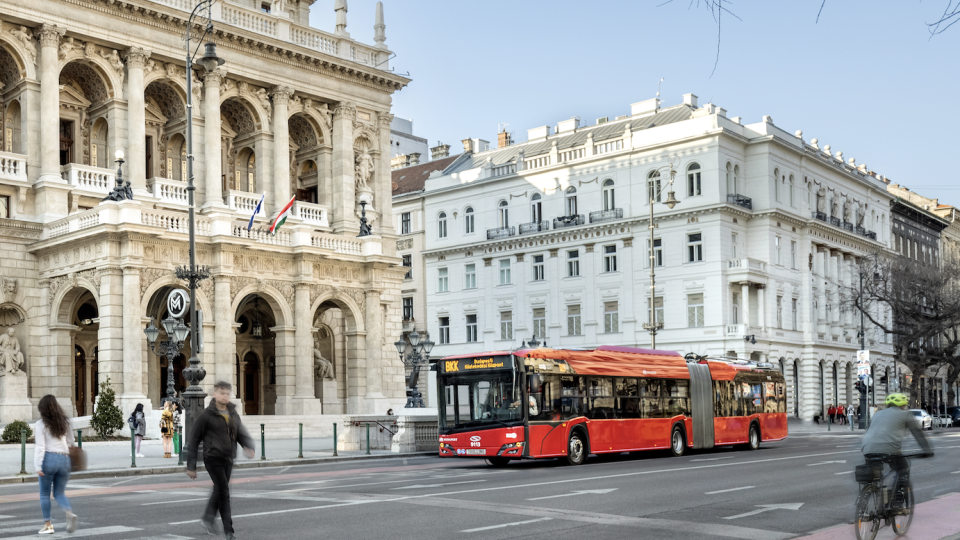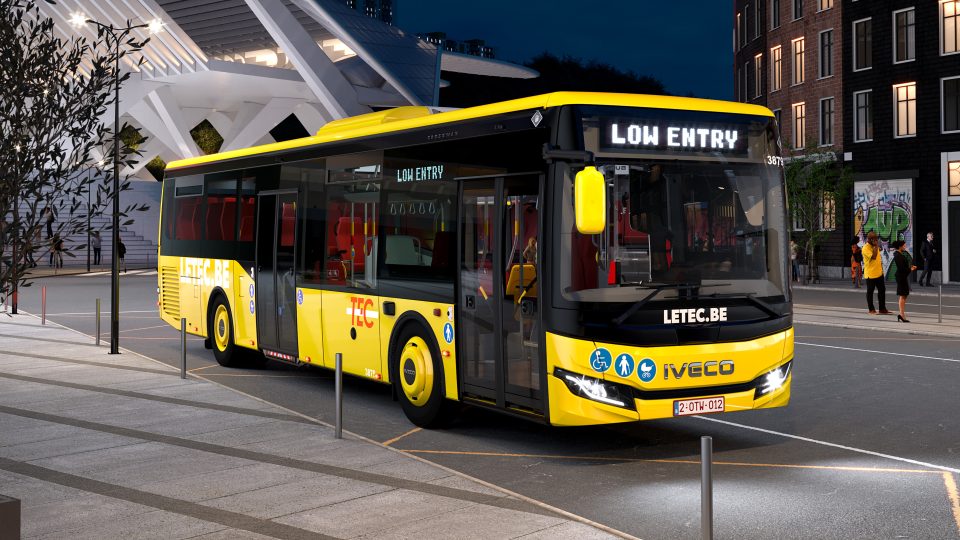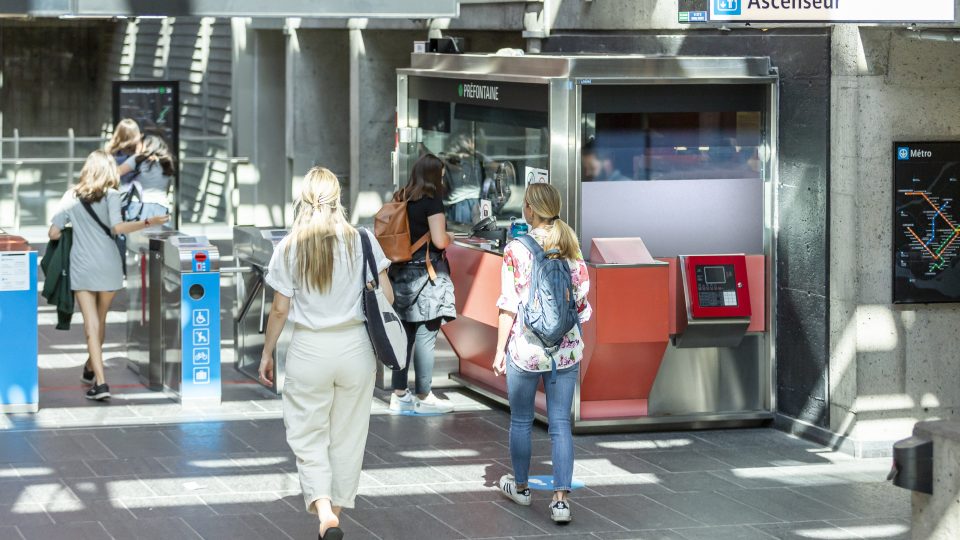Evolving public transport: 5 key trends from UITP Summit 2023
The UITP Summit 2023 offered a glimpse into the transformative trends shaping the future of transportation. The event highlighted key insights driving the industry forward. The shift towards e-mobility is no longer a distant prospect but a concrete reality, with major players dedicating their efforts to expanding zero-emission bus fleets. Moreover, the emphasis on turnkey […]

The UITP Summit 2023 offered a glimpse into the transformative trends shaping the future of transportation. The event highlighted key insights driving the industry forward. The shift towards e-mobility is no longer a distant prospect but a concrete reality, with major players dedicating their efforts to expanding zero-emission bus fleets. Moreover, the emphasis on turnkey solutions demonstrates a holistic approach to meet the evolving needs of cities and passengers alike.
This article was published in our newsletter Next Stop.
Every Saturday, we try to help giving a better perspective on what is going on in the mobility world. Trying to anticipate which will be the NEXT STOP
Can check the newsletters’ archive HERE.
And sign up HERE
As public transport continues to evolve, the focus on incorporating diverse forms of mobility and the recognition of Africa’s untapped potential promise an exciting future. With the rise of women in leadership roles, the industry is experiencing a welcome shift towards greater inclusivity and diversity.
Below, the main 5 takeaways we gathered from the exhibition.
#1. E-mobility, a (not needed) confirmation.
No mistery, electric buses are the present of public transport and since a few times you can hardly find a diesel-powered bus in sector-exhibition. of course real registrations are still mainly of combustion engine buses (70 per cent in the first quarter of 2023) but all the effort of OEMs go in the direction of providing larger families of zero-emission buses. Also in Class II (see the Iveco Crossway LE Elec) and with the aid of hydrogen fuel cell (see Mercedes eCitaro fuel cell).
What is more, two of the three major bus&coach groups in Europe, MAN and Daimler Buses, are not updating to Euro 7 their range of city buses. After 2027, they’ll go full electric in Europe. MAN announced this strategy at UITP (for them the same will apply to intercity buses), Daimler already in 2022.
#2. Turnkey solutions are king
OEMs are increasingly looking to provide turnkey solutions to customers. Not only vehicles, but the whole system. Daimler Solutions has launched a new division, Daimler Buses Solutions, that specializes in planning, designing and building electric infrastructure. Iveco Bus has introduced the Energy Mobility Solutions team: with goal of identyfiying the most effective charging strategies, the most suitable battery sizes and the necessary infrastructure.
#3. Public transport embraces many forms of mobility
Quoting from UITP Secretary General Mohamed Mezghani during the opening press conference “We need to explore public transportation beyond mass transit, focusing on providing solutions that go beyond station-to-station and extend to door-to-door. By combining public transportation with sharing mobility options, we can achieve enhanced efficiency and convenience”. And UITP just launched a division focusing on sharing mobility.
Another nice definition from our interview with Optibus CEO Amos Haggiag: “public transit needs to adapt and embrace all forms of mobility. The goal should be to create a comprehensive and interconnected transportation system that seamlessly incorporates trains, buses, micromobility, on-demand shuttles, and autonomous vehicles. By merging these modes of transportation, we can achieve a holistic system that caters to the diverse needs of commuters and optimizes efficiency in urban mobility”
#4. Is Africa the next big thing?
Opportunities for public transport (and electrification) in Africa popped out from many conversation. The scenario is that of a region where the competition with cars simply doesn’t exist. The competitors are walking and micromobility. Big players of public transport market are quite sure that, when transit system will be built (and some financing are in place), the demand will not be lacking. Demographic trends concerning Africa are quite clear, with half of young adults forecasted to be African by end of the century.
#5. Women at the center of public transport scene
Two highlights from UITP Summit: the first female president in a history of over 130 years of the organization, Renee Almicar, was elected in Barcelona. Secondly: 44 percent of speakers and panelists were women, up from 42 percent in 2019.









